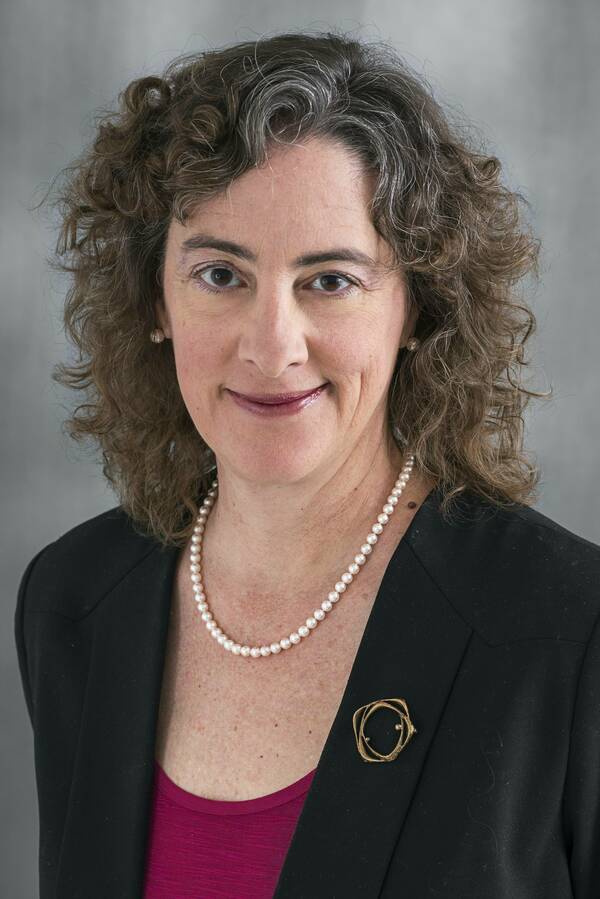
Maureen L. Condic, Ph.D. is the University of Notre Dame Gold Mass lecturer for 2023, and will delve into the question of how identical twins—formed when a single embryo splits in two—factor into the discussion of the beginning of human life.
The Charles Edison Lecture, “Identical Twinning Untangled: How science resolves the question of the beginning of life,” begins at 7:15 p.m. Wednesday, Nov. 15 in 105 Jordan Hall of Science. Her talk is preceded by a Gold Mass for scientists and engineers (but all are welcome) at 5:15 p.m. in the Basilica of the Sacred Heart, and a reception in the Jordan Hall Galleria at 6:15 p.m.
Condic is an associate professor of neurobiology and anatomy at the University of Utah School of Medicine, and holds an adjunct appointment in the Department of Pediatrics. Her primary research focus is on the development and regeneration of the nervous system, and her current work involves the control of human stem cell potency and differentiation.
Scientists and ethicists have long discussed the issue of when human life begins, and Condic will tackle the question of “twinning” through molecular development biology and philosophy.
In addition to her professorship at the University of Utah, Condic is also a member of the U.S. National Science Board and a corresponding member of the Pontifical Academy for Life.
She co-authored the book entitled Human Embryos, Human Beings: A Scientific and Philosophical Approach as well as Untangling Twinning: What Science Tells Us about the Nature of Human Embryos.
The Gold Mass, which follows in the tradition of special Masses for members of different professions, was selected because gold is the color of the hoods worn by individuals graduating with a Ph.D. in science. It is also the color associated with the patron saint of scientists, St. Albert the Great.
Her talk is sponsored by the College of Science, the College of Engineering, the McGrath Institute for Church Life, and the de Nicola Center for Ethics and Culture.